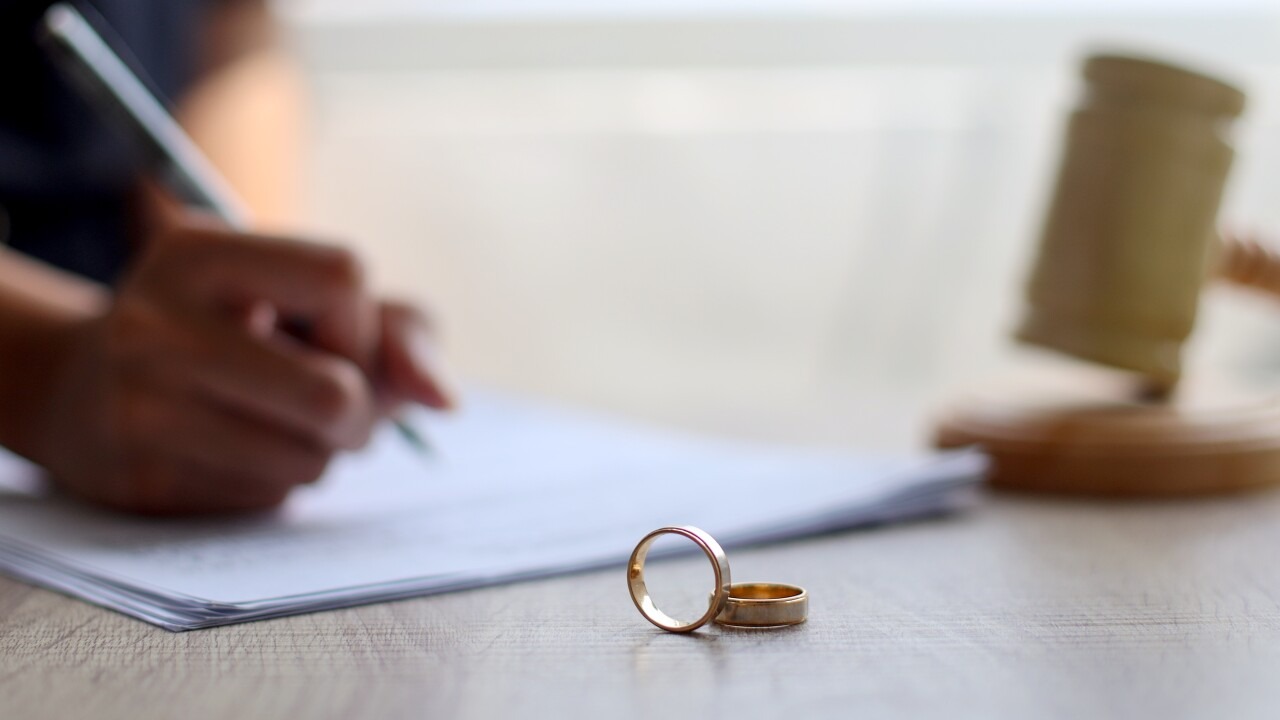So, here you are—45, divorced, and waking up to a life that doesn’t look anything like what you pictured ten or twenty years ago.
No one writes a manual for this version of adulthood, and there certainly isn’t a roadmap for how to grieve, rebuild, and reimagine your life once a long-term relationship ends.
You feel a little raw, kind of lost, and maybe a tiny bit free—and all of that is completely valid. And if you’re thinking about opening up your heart again (yes, even after 45), take a look at ukraine matchmaker services.
I know women who found not just love, but respect and real companionship through it. It’s a modern take on connection that actually honors who you are now.
Key Highlights
- Life after 45 looks nothing like the movies—and that’s okay.
- Emotional grief doesn’t end when the divorce papers are signed.
- Friendships and social dynamics shift more than you’d expect.
- Rebuilding your identity is uncomfortable but deeply rewarding.
- Dating again in your 40s is not a joke—it’s a whole new game.
- There’s genuine power in rediscovering yourself, fully and unapologetically.
You Lose More Than a Partner

Whether it ended suddenly or after years of slow unraveling, the aftermath is real. You’re not just dealing with legal paperwork or splitting up furniture. You’re facing a shift in identity, intimacy, and expectations.
Let’s be real: it’s not just about losing the person you married. You lose rituals. Holidays feel off. Shared dreams dissolve. The structure you leaned on—the “we” you built—just isn’t there anymore.
No one tells you how weird your first solo Saturday feels. Or how much you’ll hate grocery shopping alone at first. Even the house feels different, like it’s holding its breath, waiting for you to move forward.
What you’re experiencing isn’t just heartbreak—it’s disorientation. That’s grief in its rawest form. And you’re allowed to feel every bit of it.
The trick (and yeah, it’s a slow one) is to stop expecting yourself to bounce back like nothing happened. Because something did. Something massive. Be patient with your own healing. It’s not weakness, it’s transformation.
Your Social Life Will Shake
You learn pretty quickly who your real people are. Some friends stick, others slowly fade. It’s wild how divorce makes certain people uncomfortable—as if it’s contagious or somehow shameful. Spoiler: it’s neither.
Here’s what often changes (and why it’s not all bad):
- Some friendships disappear quietly, especially the ones that were built more around the couple dynamic than true connection.
- You’ll feel awkward at social events where everything is designed for pairs—and you’re not one anymore.
- People will say weird, unhelpful things, like “You’ll bounce back!” or “At least now you’re free,” without knowing your full story.
- You might notice who checks in regularly and who ghosts, which hurts at first but also clarifies who actually matters.
- You’ll crave real conversations, not surface-level chats or pity invites.
- New friendships will emerge, often with others who’ve been through similar things—and those are gold.
And don’t get me started on the awkward dinner party invites where you’re suddenly the “plus none.” It stings at first, but it also clears the way for authentic connection. You’ll start seeking out people who see you, not just the couple you used to be part of.
Eventually, you might even form a new circle with others who understand. And those bonds? They’re built on truth, not convenience.
Your Identity Gets Rewritten
One of the hardest things? Figuring out who you are without the label of “wife.”
You’ve spent years compromising, adapting, prioritizing someone else’s needs. Now, for the first time in maybe decades, you get to ask yourself: What do I want? Not what you should want. Not what someone else expects of you. But what genuinely sparks something inside you.
This process is unsettling—yes—but also deeply empowering. You’ll make some odd choices. You’ll sign up for things you quit after two classes. You’ll cut your hair too short, maybe dye it red, and buy clothes you wouldn’t have touched five years ago. Good. That means you’re experimenting. You’re exploring.
You’re allowed to be a different version of you now. You’re supposed to be.
Let’s Talk Dating Again

Okay, let’s not pretend this part isn’t terrifying. Dating in your 40s post-divorce is NOT like it was in your 20s. It’s not better or worse—it’s just different.
You’re wiser. Less tolerant of BS. But also more emotionally aware. And let’s be honest, finding someone who vibes with that is a bit like searching for a playlist you like in shuffle mode—chaotic, but sometimes surprising.
You’ll probably flirt like a middle schooler at first. Maybe overshare on a first date or ghost someone you genuinely liked because the fear got the best of you. It happens.
But you’ll also learn to spot red flags from a mile away. You’ll say no without guilt. You’ll stop settling. That, right there, is growth in motion.
If you’re thinking of dipping your toe back in, here’s a reality-based list of what helps:
Things to Keep in Mind When Dating After 45
- Confidence is more attractive than perfection – You don’t have to prove you’re “still desirable.” Just be real.
- Ignore outdated dating rules – If you want to text first, do it. If you’re not into someone, say so kindly.
- Emotional baggage isn’t a dealbreaker—denial is – Be honest about your past but don’t let it lead.
- Quality over quantity matters more than ever – One meaningful connection beats five mediocre dates.
- Safety first, always – Meet in public places. Trust your gut. Share plans with a friend.
- Stay curious, not cynical – It’s easy to assume the worst. But curiosity leaves room for something real.
Online dating can feel weird—but it works for some. Or maybe you explore a matchmaking service that truly takes the time to understand you, like I mentioned earlier. Why not approach love with the same clarity you now bring to everything else?
The Loneliness Is Real—But It Doesn’t Define You
Even when you’re surrounded by people, there are nights the silence feels too loud. And it’s okay to admit that. You miss having someone to tell random stories to. You miss the shared glance during a movie. You miss just being known.
Here’s the thing: loneliness doesn’t mean you’re failing. It means you’re human. The key is not to fear it, but to understand it. Sometimes that feeling shows you what you truly value. And often, it pushes you toward meaningful connection—whether that’s with friends, family, or new love.
Create rituals just for you. Light the candle anyway. Make the good dinner, even if it’s just for one. Life doesn’t wait for you to feel whole again. Sometimes you have to act like you’re already there, and your heart eventually catches up.
You’ll Survive—But You’ll Also Thrive

One day you wake up and you don’t cry in the shower. You’ll walk past your old wedding photos without flinching. You’ll even laugh about things you thought would always hurt. That’s healing. And it doesn’t come with a fanfare—it comes quietly.
Divorce at 45 doesn’t have to mean starting over. It can mean finally beginning. You’ve got experience. You’ve got perspective. And most importantly—you’ve got time. Don’t let anyone tell you otherwise.
You didn’t lose everything. You lost something. But you also gained space. Space for the real you. For new dreams. And yes, even new love—when you’re ready.
So if you’re sitting in your quiet kitchen wondering what comes next, know this: you are not broken. You’re just becoming someone stronger, bolder, and more in tune with yourself than ever before.
And maybe—just maybe—that version of you is the one you were meant to meet all along.







